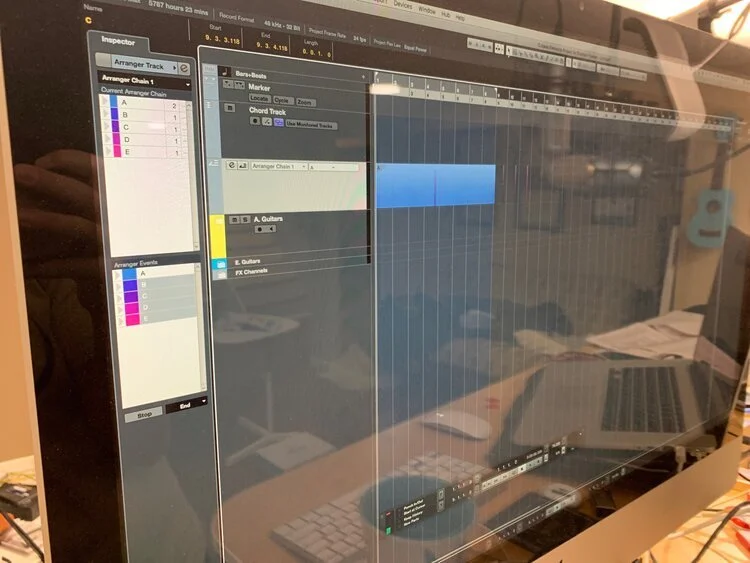Revisiting Anthony Bourdain's "Parts Unknown"
Preface
When I was a young adult, I often explicitly had mentors. They were almost exclusively Christian men a few, or several years older than me. Sometimes, I would directly ask them to mentor me.
At the time, I felt like I learned a lot from them. Perhaps I did. Or maybe what I learned was only applicable for that season of life. Either way, most of the things that I learned were about faith. Very few of those things have stayed with me.
A few of the mentors that I had later turned out to be seriously bad people. Manipulators and abusers. They were effortlessly able to use the language of faith to get people to enable them to keep abusing. There’s no small bit of irony in the fact that those men were also able to incisively point out cruel behavior in others. Takes one to know one, I suppose.
With that as a backdrop, it’s probably unsurprising that I don’t really have mentors anymore.
Note here that I make a distinction between a mentor, and the ability to learn lessons from other people.
I learn from people all the time. And there’s a very important corollary: I’ve diversified the people that I choose to learn from.
But I no longer hold any single person with an aura of admiration. No one person has that much figured out. In fact, I have a personal theory that it’s actually the intersection of a bunch of people with a patchwork perspectives, ideas, mistakes and culture that make something akin to a kind of truth.
Parts Unknown
Having said all of that, now watch me backtrack:
Anthony Bourdain, despite his complicated legacy, had some things figured out.
I’ve been doing a marathon re-watch of “Parts Unknown”, and I don’t quite know how to put my finger on it, other than to say it’s an understated masterpiece.
I watched it through the first time when it was still on air. I loved it then, but I admit that I mistook it for being a witty, yet irreverent travel/food show.
After living in Europe for a few years, and perhaps because of the constant background stress of the current state of the world, I feel like I’m seeing the series through a different lens. I’m more open to what his point of view was, and what he was really trying to say.
I realize now that it it’s treatise on how to observe and partake in people’s food, culture and ideas, in a way that builds empathy.
He had a way of listening to perspectives without needing to take on a particular point of view that he didn’t agree with. And he also had a talent for recognizing the very real, very human reasons that people behave badly, without passing an immediate moral judgement about it.
It would be easy to interpret his irreverent overtones as a sort of cynicism…but that’s actually what’s so subversive about it.
Tony had a realist’s view of the very best of actual people. Not the idealized, romanticist view of what we think people should be. Real people. As they are.
I think the part that I’m most moved by in re-watching is that the food and the travel are central set pieces in each episode, and yet never the point.
In my early life, I remember that the mentors I used to have would go to great effort to declare libertine excesses as shallow and meaningless. If a lesson was to be valuable, it had to also be overtly “deep”…uncluttered by concerns of the world.
As I get older, I’m realizing that some of the deepest ideas are those that come from some of our most basic appetites, put into the perspective of empathy.
Tony had a brilliant way of doing exactly that.


